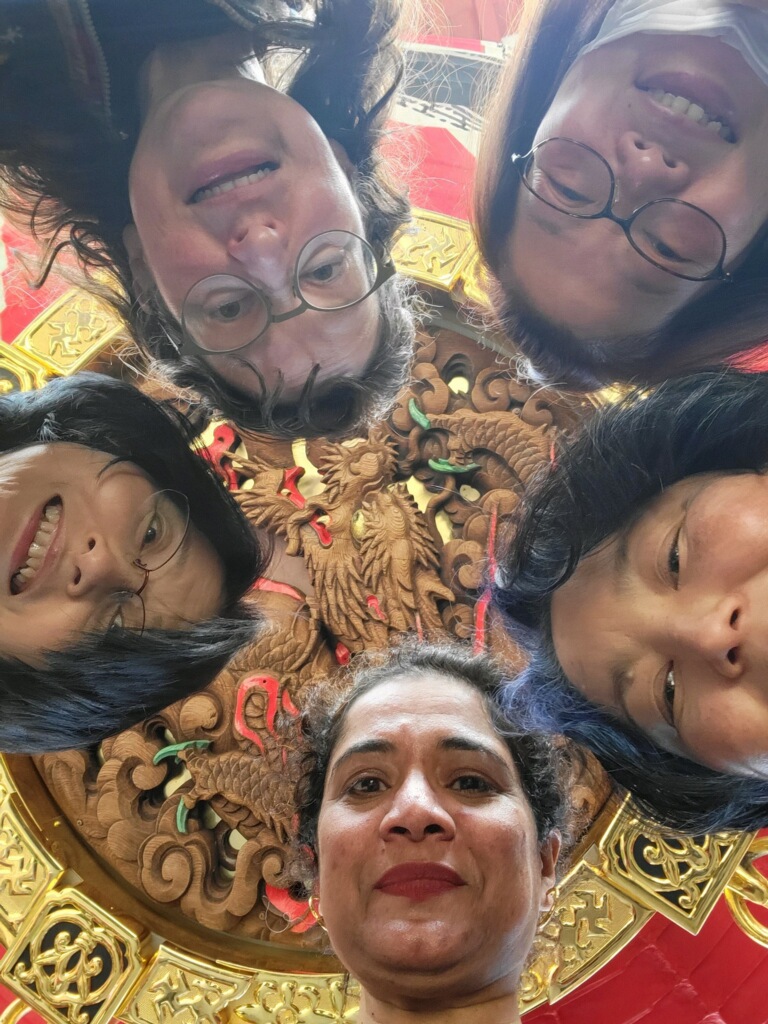May 30, 2023 | By Girija Kaimal
As adults, we typically spend a third of our days in a workplace. Often, we might spend more time surrounded by workplace colleagues than friends or family. We have words for our relationships with friends: friendship. We have names for our relationships with family members: kin. What then do we call our workplace humans: our kith? And how might we conceptualize our relationship with them? In conversation recently at my university, a word came up: “Colleagueship.” It is a way of being that is really important for our ability to contribute to society and our own well-being.
Colleagues are our peers at work and as a result we likely will spend a lot of time together. If we can nurture these relationships, we get to learn about them—and as a result, ourselves too.
I feel lucky that I have some extraordinary colleagues who inspire me to do better everyday.
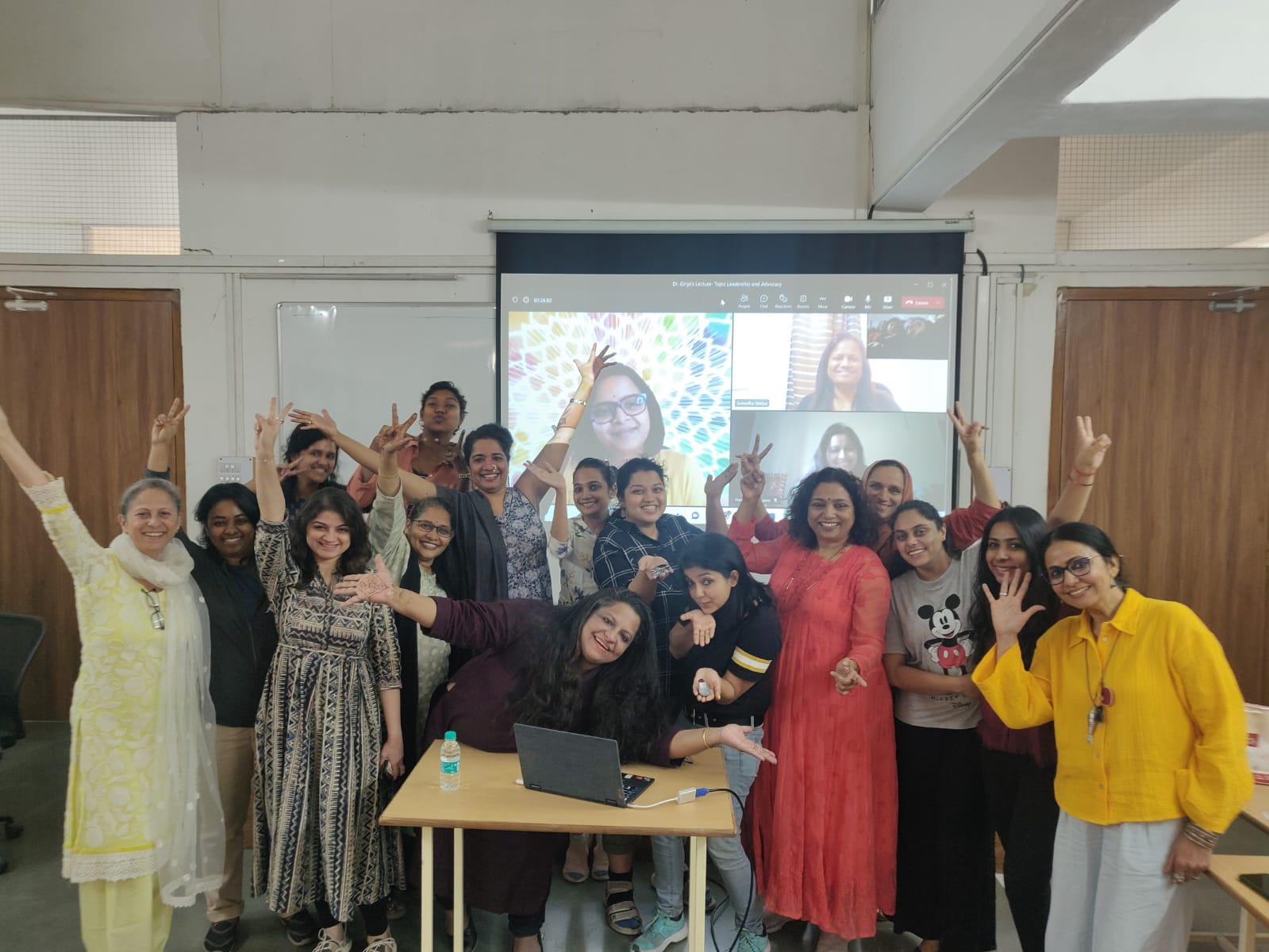
How to Make the Workplace a Place of Joy
Let me tell you what I have learned from them on how to make the workplace a place of joy. Here are some ways:
- If you appreciate someone’s work or work ethic, tell them. Chances are they haven’t heard it in a while and could use the lift. When you notice something unique about someone you know, do you tell them? It could be a text, an email, a call, a smile/nod, thumbs up, high five, or anything, really. The mundane becomes special when seen and acknowledged. Go ahead. Tell it like it is. Recognition has the largest effect on trust when it occurs immediately after a goal has been met, when it comes from peers, and when it’s tangible, unexpected, personal, and public. Public recognition not only uses the power of the crowd to celebrate successes, but also inspires others to aim for excellence. And it gives top performers a forum for sharing best practices, so others can learn from them.
- Keep your eyes on the prize. It might feel like we are in competition with our coworkers, but really, we are not. We each have our own paths to travel. We are in service of larger missions and goals ideally working to make the world a better place. To trust each other makes the journey meaningful all around. Jim Collins refers to this as the opening bid. Our opening bid needs to be trust unless we have reason to believe otherwise. Employees in high-trust organizations are more productive, have more energy at work, collaborate better with their colleagues, and stay with their employers longer than people working at low-trust companies. They also suffer less chronic stress and are happier with their lives, and these factors fuel stronger performance.
- Send unexpected messages of support. “Appreciative inquiry” is the formal name for this in organizational approaches, but in everyday life you can send a simple message. I received an unexpected message of support recently—and I was inspired and reminded to pay it back and pay it forward. Being generous and helpful might not always be reciprocated but is rarely wasted. Now this does not mean being a doormat; rather that we choose to be gracious and do right by our own moral compasses.
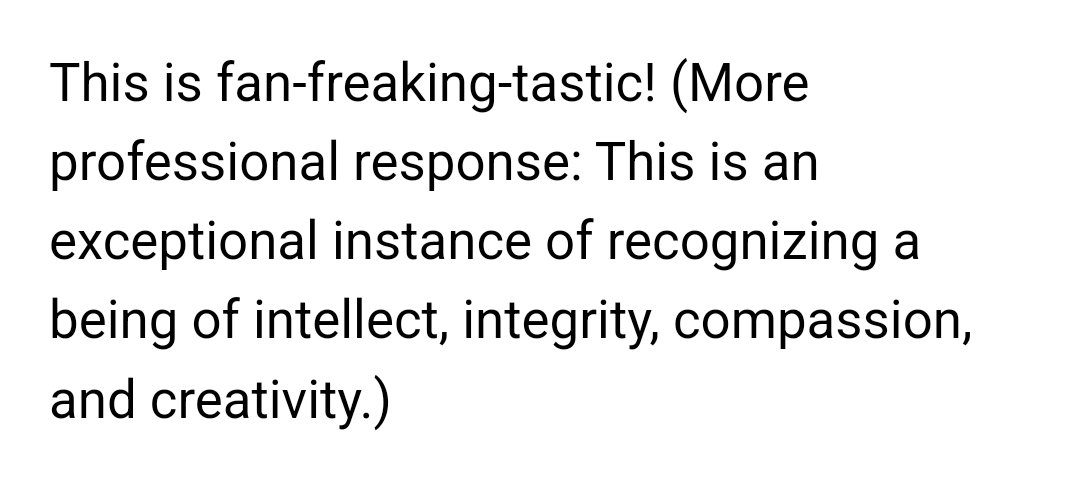
A real text message sent to me by a colleague.
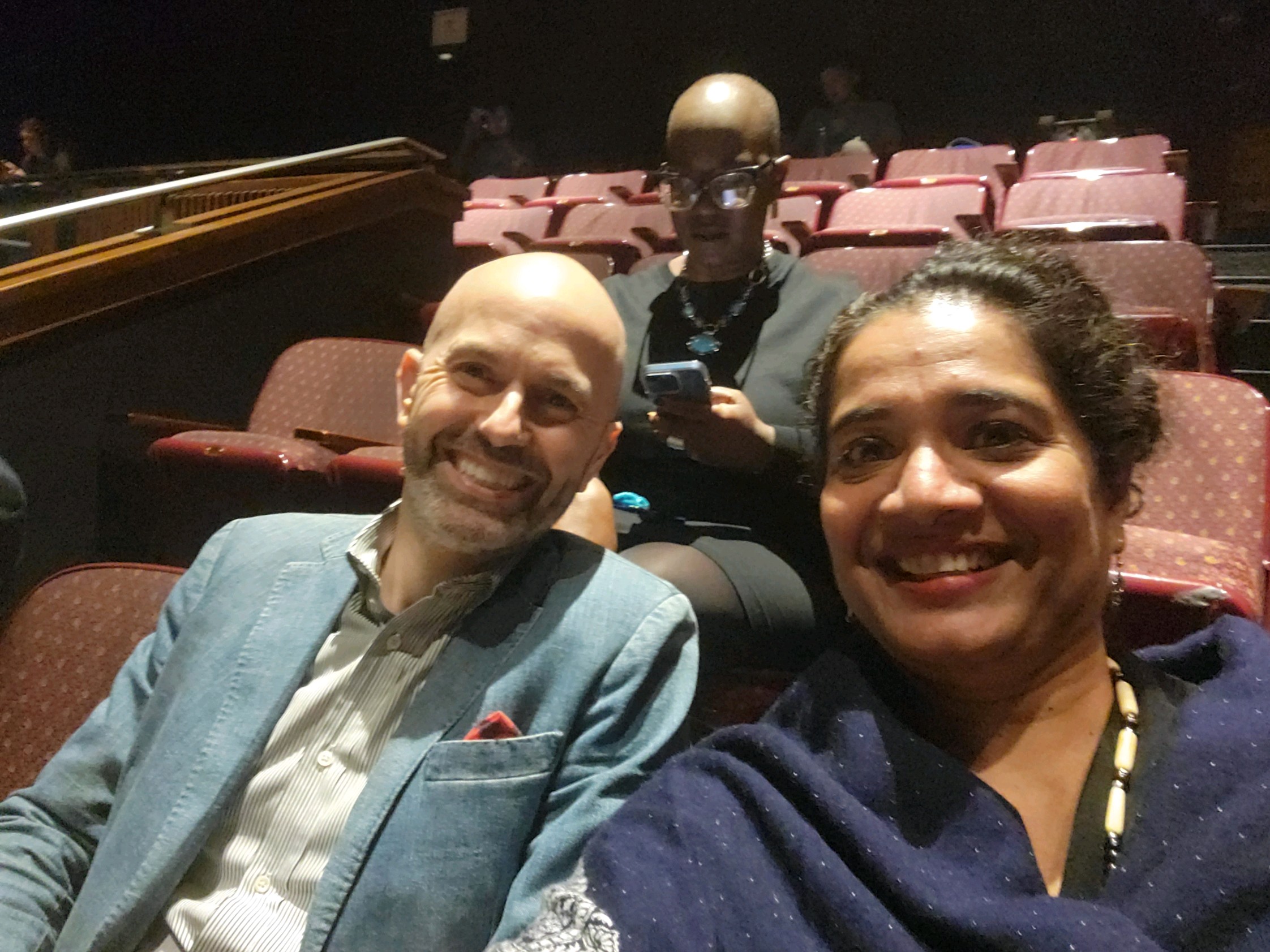
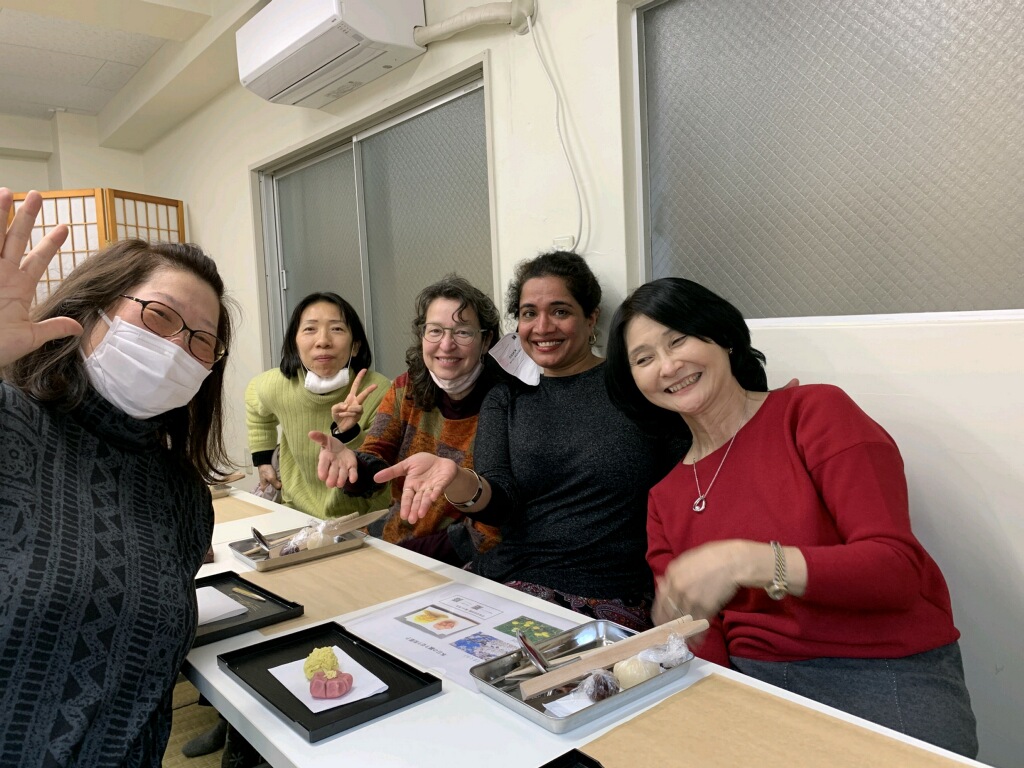
My colleagues in Philadelphia, India and Japan.
- Have each other’s back in word and deed. As colleagues, you are brought together by job titles and roles. Those are however only part of our lives. Compassion is a useful currency. Earn it and use it well.
- Respect boundaries. You may have a wonderful relationship with a coworkers, but it doesn’t have to lead to a friendship. Your colleagues may have many other roles they play, as hobbyist, caregiver, community member, service member, or church/temple member. Colleagueship is simply an agreement of mutual trust and support to help each other achieve individual and collective professional goals.
- Listen and share authentically. Colleagueship also entails willingness to listen respectfully and the courage to speak your truth. Be aware of how you behave when communicating. Pay attention to what they say and remember it. Remind yourself to make eye contact, which is important for respectful communication—especially in person, but also on video communications. We can tell when our coworkers’ eyes are wandering and reading emails when we chat on video.
- Collaborate with your coworkers. Colleagueship also is a commitment to learn and develop professionally and generally aiming to do no harm. As an educator, I think of students as my future colleagues. I am grateful for what we get to build together in our lab. In any work setting, there is opportunity to mentor and learn from all our peers. I learn as much from what I see and, when appropriate, I offer to help collaborate or problem solve.
References
Paul J Zak, The Neuroscience of Trust
Jim Collins, Good to Great

